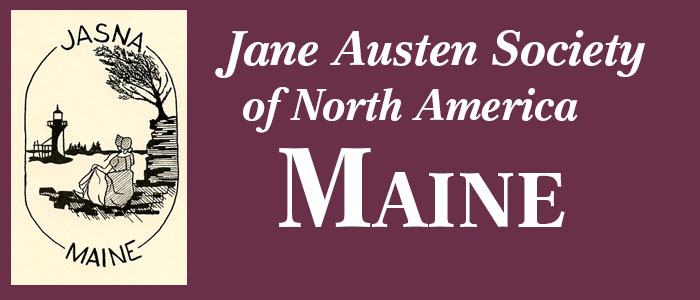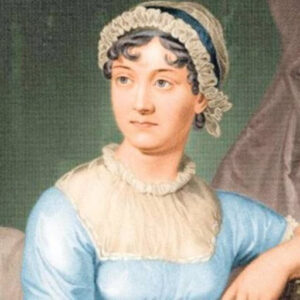“It was a delightful visit;—perfect, in being much too short.”
By Wayne Olson
Elizabeth Jenkins was the author of 12 novels, the author of 12 biographies, and a founder of England’s Jane Austen Society (JAS). Jenkins was born on October 31, 1905, lived a long life, died on September 5, 2010, and among many honors was awarded an OBE in 1981.
The Backlisted podcast, which seeks to revive interest in books that are no longer in print, featured The Tortoise and the Hare in a recent episode, with Carmen Callil as their special guest. Carmen Callil says that The Tortoise and the Hare is Jenkins’ Persuasion. Callil is the founder of Virago Modern Classics, which has been successful in getting books by women authors back in print. She answers the question of why you should read this by saying “to make you exquisitely happy because you’ve read a great piece of work” and also “it tells a story—I love to be told a story.”
In her introduction to the novel, Hillary Mantel says that it is “as smooth and seductive as a bowl of ice cream” and that Jenkins knows “how women think and how their lives are arranged.” This novel was Jenkin’s only semi-autobiographic novel—she never married, but her long-term relationship ended in ways not unlike this novel.
Elizabeth Jenkins’ biography of Jane Austen, which was published in 1938, was the first independent, scholarly, and factual literary biography—previous books had been written by members of Jane Austen’s family. Jenkin’s book provides the necessary biographical details, while also finding value in Jane Austen’s youthful satires and parodies, which somehow eventually led Austen to discover her capacity “to illuminate the normal.” Jenkins forecasted that Austen’s fame would grow.
Elizabeth Jenkin’s must have met Dorothy Darnell before or soon after her biography of Jane Austen was published in 1938. The JAS was founded by Darnell in 1940, with Jenkins becoming one of its very first members. The JAS held its first meeting in May 1940, with Darnell and Jenkins as joint secretaries.
Over the course of Jenkin’s involvement in JAS over many decades, she seems to have functioned as the institutional memory of JAS. Elizabeth Jenkins provided the Introduction to the Collected Reports of the Jane Austen Society, 1949-1965, which was republished in 1967 by Wm. Dawson and Sons, London. This book and the subsequent collected reports for 1966-1975, 1976-1985, and 1986-1995, amply documents Jenkins’ contribution to the founding and long-term governance of England’s JAS.
 I am a life member in JASNA, which I joined about 10 years ago. I originally belonged to JASNA-MA, but I am now a member of JASNA-ME. I live in Brunswick, ME. I attended the AGA in Williamsburg, VA. I gave a presentation to JASNA-ME, focusing on clergymen in Jane Austen, primarily Henry Tilney. I am a semi-retired consulting economist, with a background in energy and public utilities.
I am a life member in JASNA, which I joined about 10 years ago. I originally belonged to JASNA-MA, but I am now a member of JASNA-ME. I live in Brunswick, ME. I attended the AGA in Williamsburg, VA. I gave a presentation to JASNA-ME, focusing on clergymen in Jane Austen, primarily Henry Tilney. I am a semi-retired consulting economist, with a background in energy and public utilities.


